Sirolimus (INN/USAN), also known as rapamycin, is a macrolide (one of a group of drugs containing a macrolide ring) produced by the bacterium Streptomyces hygroscopicus. It has immunosuppressant functions in humans and is used to prevent rejection in organ transplantation; it is especially useful in kidney transplants. It prevents activation of T cells and B cells by inhibiting the production of interleukin-2 (IL-2). Sirolimus is also used as a coronary stent coating.
Sirolimus was isolated for the first time in 1972 by Suren Sehgal and colleagues from samples of Streptomyces hygroscopicus found on Easter Island.[The compound was originally named rapamycin after the native name of the island, Rapa Nui. Sirolimus was initially developed as an antifungal agent. However, this use was abandoned when it was discovered to have potent immunosuppressive and antiproliferative properties due to its ability to inhibit mTOR. It has since been shown to prolong the life of mice and might also be useful in the treatment of certain cancers. It was approved by the US Food and Drug Administration in September 1999



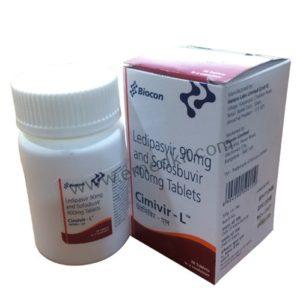
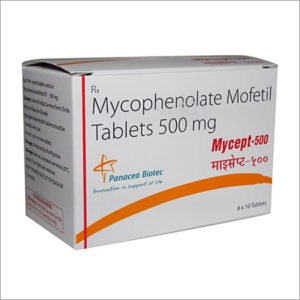
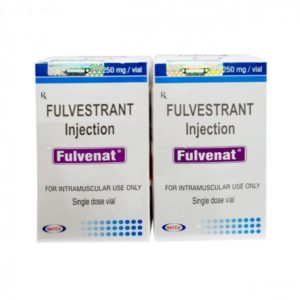
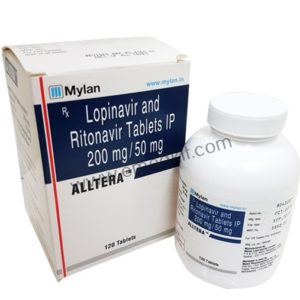
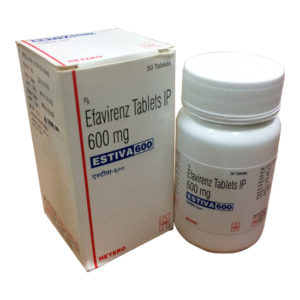
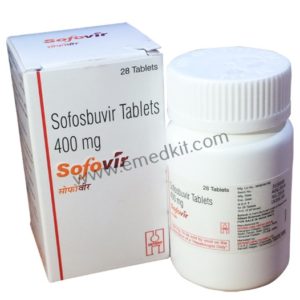
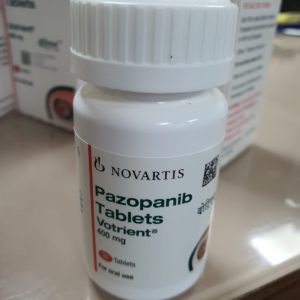

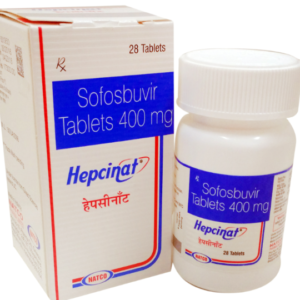
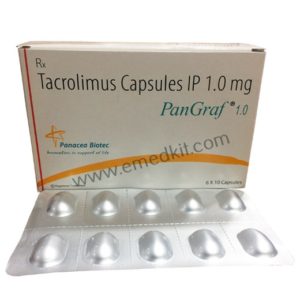
Reviews
There are no reviews yet.